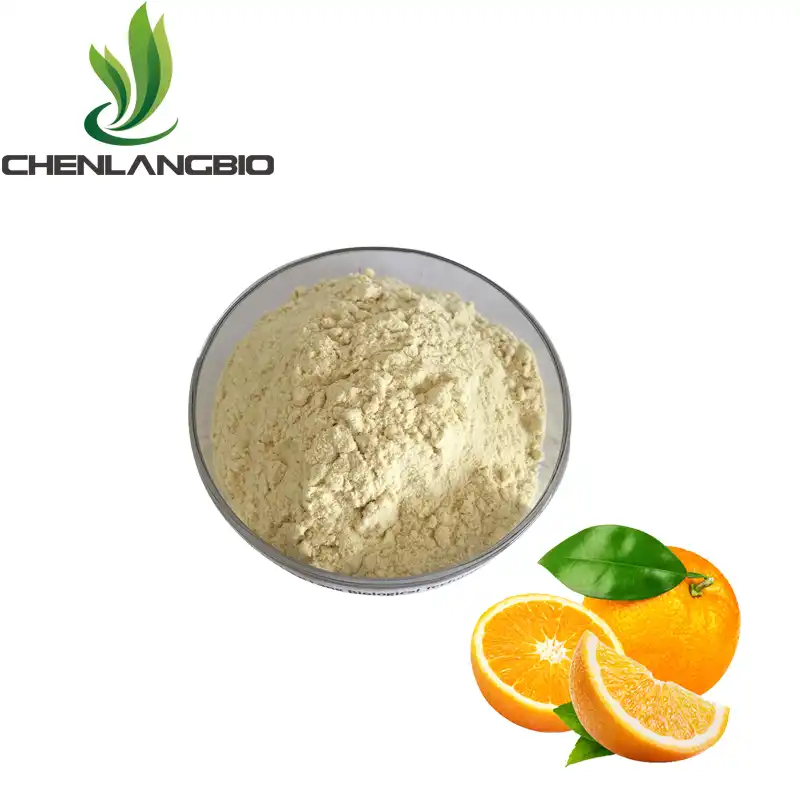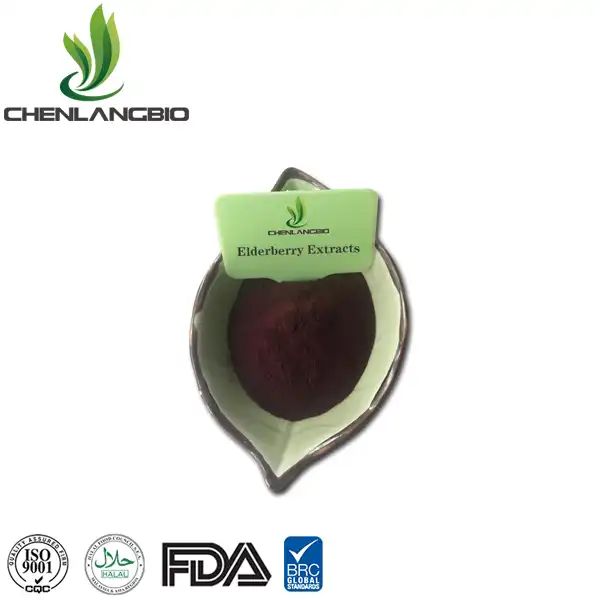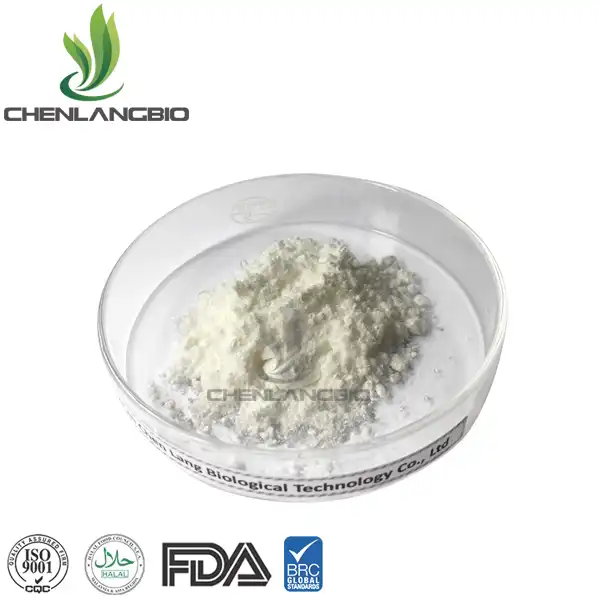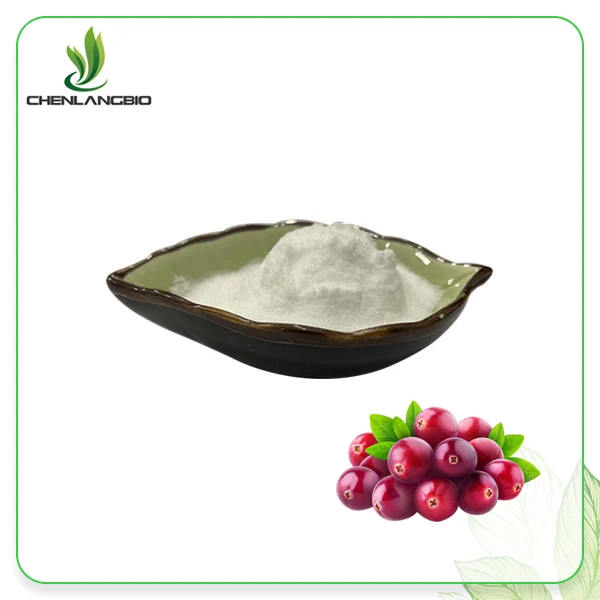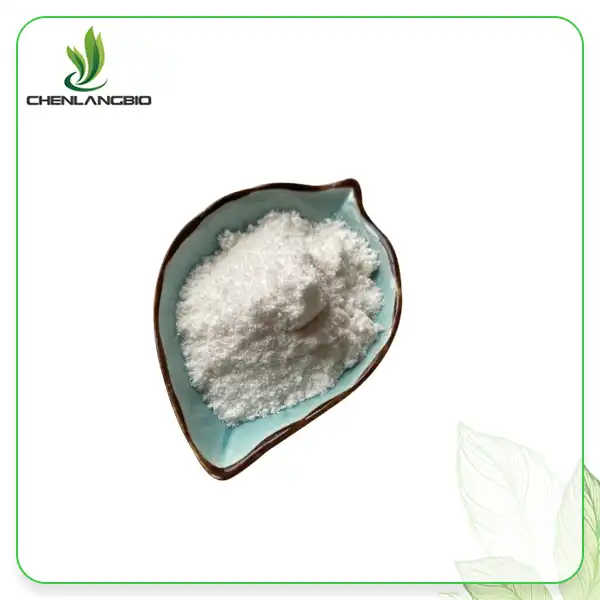What is the Ectoin Trend in Skincare
2024-09-30 13:30:38
New trends and ingredients are constantly appearing in the skincare industry to address various skin issues. One such trend that has gained significant traction in recent years is the use of it in skincare products. Ectoine, a natural compound found in extremophilic microorganisms, has caught the attention of skincare enthusiasts and experts alike due to its remarkable protective and hydrating properties. The benefits, applications, and reasons behind why ectoin has become a sought-after beauty ingredient will be discussed in this blog post. We'll examine how the product works to protect and nourish the skin, its role in anti-aging formulations, and its potential to revolutionize skincare routines for various skin types.
Understanding Ectoine: Nature's Protective Molecule
The Origin of Ectoine
It is an entrancing particle delivered by extremophilic microorganisms that flourish in brutal conditions like salt lakes and underground aquifers. These creatures incorporate the product as a defensive system against outrageous circumstances, including high saltiness, UV radiation, and temperature changes. The disclosure of it and its possible applications in skincare have opened up new roads for creating imaginative and powerful skincare items.
Chemical Structure and Properties
Chemically, ectoine is a cyclic amino acid derivative with a unique molecular structure that allows it to interact with water molecules in a specific way. This interaction forms a protective hydration shell around cells and biomolecules, helping to maintain their stability and function under stressful conditions. In skincare, this property translates to enhanced moisture retention and protection against environmental stressors.
Ectoine's Mechanism of Action in Skin
When applied to the skin, the product forms a protective barrier that helps to lock in moisture and shield skin cells from harmful external factors. It acts as a natural moisturizing factor (NMF), attracting and retaining water molecules in the skin's outer layers. This hydration-boosting effect helps to plump up the skin, reduce the appearance of fine lines, and improve overall skin texture and elasticity.
The Benefits of Ectoine in Skincare
Intense Hydration and Moisture Retention
One of the primary benefits of it in skincare is its exceptional ability to hydrate and retain moisture in the skin. Unlike traditional humectants, the it creates a long-lasting hydration effect by forming a water-binding network within the skin's layers. This sustained hydration helps to combat dryness, flakiness, and the tight feeling often associated with dehydrated skin. Regular use of ectoine-infused products can lead to a more supple, plump, and radiant complexion.
Protection Against Environmental Stressors
Ectoine's protective properties extend beyond hydration. It goes about as a safeguard against different ecological aggressors, including UV radiation, contamination, and temperature limits. The product contributes to minimizing the damage caused by free radicals and other harmful substances by forming a protective layer on the skin's surface. This defensive impact can add to better, stronger skin that is better prepared to endure day to day natural difficulties.
Anti-Aging and Skin Repair
Its anti-aging properties merit special mention. By keeping up with ideal hydration levels and safeguarding against oxidative pressure, the item assists with dialing back the apparent indications of maturing. It upholds the skin's normal fix processes, advancing cell turnover and collagen creation. Ectoine-containing products can help give you a complexion that looks younger and more rejuvenated by reducing the appearance of fine lines, wrinkles, and age spots.
Ectoine in Various Skincare Formulations
Moisturizers and Serums
The product has found its way into a wide range of skincare products, with moisturizers and serums being among the most popular. In these formulations, it works synergistically with other hydrating ingredients to provide intense, long-lasting moisture to the skin. Ectoine-enriched moisturizers are particularly beneficial for those with dry or sensitive skin, as they help to strengthen the skin barrier and alleviate irritation. Serums containing it often target specific skin concerns such as dryness, dullness, or signs of aging, delivering concentrated benefits to the skin.
Sun Protection Products
Given its protective properties against UV radiation, the ectoine is increasingly being incorporated into sun protection products. While not a sunscreen active ingredient itself, it enhances the efficacy of sunscreens by providing additional protection against UV-induced damage. It helps to neutralize free radicals generated by sun exposure and supports the skin's natural defense mechanisms. Sunscreens containing it may offer more comprehensive protection against the harmful effects of UV rays, making them an excellent choice for those seeking advanced sun care solutions.
Specialty Products for Sensitive Skin
Its anti-aging properties merit special mention. By keeping up with ideal hydration levels and safeguarding against oxidative pressure, the item assists with dialing back the apparent indications of maturing. It upholds the skin's normal fix processes, advancing cell turnover and collagen creation. Ectoine-containing products can help give you a complexion that looks younger and more rejuvenated by reducing the appearance of fine lines, wrinkles, and age spots.
Conclusion
The ectoin trend in skincare represents a significant advancement in the quest for effective, nature-inspired skincare solutions. With its unique protective and hydrating properties, the ectoine offers multiple benefits for various skin types and concerns. As research continues to unveil new applications and benefits of this remarkable molecule, we can expect to see even more innovative ectoine-based skincare products in the future, further cementing its place as a key ingredient in the beauty industry. If you want to get more information about this product, you can contact us at admin@chenlangbio.com.
References
1. Bownik, A., & Stępniewska, Z. (2016). Ectoine as a promising protective agent in humans and animals. Arhiv za higijenu rada i toksikologiju, 67(4), 260-265.
2. Graf, R., Anzali, S., Buenger, J., Pfluecker, F., & Driller, H. (2008). The multifunctional role of ectoine as a natural cell protectant. Clinics in Dermatology, 26(4), 326-333.
3. Heinrich, U., Garbe, B., & Tronnier, H. (2007). In vivo assessment of Ectoin: a randomized, vehicle-controlled clinical trial. Skin pharmacology and physiology, 20(4), 211-218.
4. Kunte, H. J., Lentzen, G., & Galinski, E. A. (2014). Industrial production of the cell protectant ectoine: protection mechanisms, processes, and products. Current Biotechnology, 3(1), 10-25.
5. Schagen, S. K., Overhagen, S., & Bilstein, A. (2019). New data confirm skin protection by ectoin-containing creams. SOFW Journal, 145(4), 32-37.
6. Yancey, P. H. (2005). Organic osmolytes as compatible, metabolic and counteracting cytoprotectants in high osmolarity and other stresses. Journal of Experimental Biology, 208(15), 2819-2830.
Send Inquiry
Related Industry Knowledge
- Bulk Dimethylmethoxy Chromanol: Uses and Benefits
- What are the Health Benefits of Tetrahydrocurcumin
- What is Dimethylmethoxy Chromanyl Palmitate Used for
- What Foods Contain Ergothioneine
- How Does Kava Kavalactone Powder Affect the Brain
- Benefits of the Reishi Mushroom Extract Powder
- What Functions of the Olive Leaf Extract Powder Hydroxytyrosol
- What is Shilajit Extract Powder Used For
- Hydroxypinacolone Retinoate vs Retinol
- Are Lutein and Zeaxanthin the Same Thing



